The University is a large place. Among the health sciences alone, there are numerous people and centers dedicated to furthering discovery and advancing health outcomes. With so many individuals and teams doing incredible work, I’d like to highlight a model known as a community of practice that has been enacted in several spaces throughout the health sciences, where people with a shared interest come together to foster collaborative learning and knowledge exchange. Through communities of practice, individuals from diverse disciplines unite to harness their collective expertise, address common challenges, and advance their understanding of critical topics.
Whether it’s working together on interprofessional case competitions, a task force or collective, the value of communities of practice lies in their ability to create a supportive environment that encourages ongoing dialogue, shared insights, and the continuous development of innovative practices. It’s people coming together with a shared passion to move the needle in an area of need. It’s an opportunity to share resources instead of competing for them.
It’s also an opportunity for learners to engage with each other and experts in a variety of fields to process, reflect, and learn more about applied concepts and the integration of interprofessional teams.
The Center for Interprofessional Health (CIH) in partnership with the MN Geriatric Workforce Enhancement Program (GWEP) is piloting a Community of Practice and Learning series consisting of monthly 90-minute interactive sessions via Zoom focused on topical areas related to Death, Dying, and Disposition (DDD). The DDD Task Force aims to collaboratively curate, design, and share evidence-based educational resources and experiences for health professions learners and educators in the didactic and experiential/clinical environments.
If you’re thinking about what a Community of Practice in your area of interest might look like, one way to approach it is by asking, "what work are we doing that, by doing it as a team, we are able to learn new things from one another?" and "what are our connections, and what are the practices that help us to build relationships with one another?"
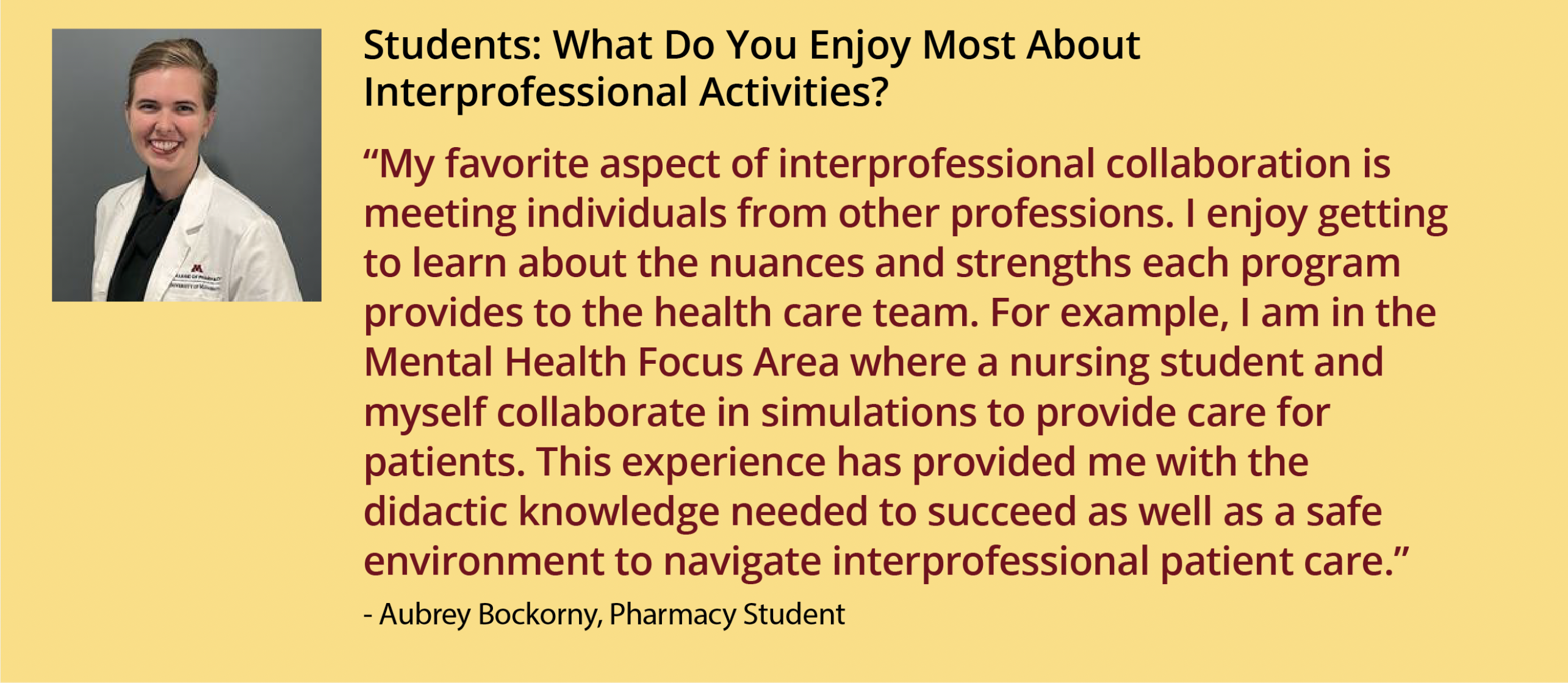
Driving Innovation & Discovery

Annual Research Ethics Day Webinar
Join interdisciplinary experts for a unique conference on Feb. 28 on how to build partnerships with investigators, communities, clinical research professionals, and companies to promote the ethical conduct and translation of research. National leaders will discuss successes and challenges in a wide range of research programs. They will consider the elements of successful collaboration that promote research integrity, inclusivity, mutual respect, and accountability in the conduct of research.
Advancing Interprofessional Education & Training

Lessons Learned from the National Center for Interprofessional Practice and Education
Join the National Center on Jan. 30 for “From the Nexus Vision to the NexusIPE™ Learning Model.” The webinar will take a deep dive into lessons learned from the past 10 years of interprofessional learning. From these lessons, they hope to inspire new ways to think about IPE, as well as addressing today’s challenges implementing IPE into practice and community settings.
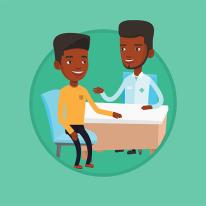
Check Out Collaboration Insights: A Health Professions Blog for Effective Collaboration
This student-led health professions blog is a hub for information on interprofessional education and collaboration. In the latest entry, Doctor of Physical Therapy student Claire Nash, Master of Nursing student Margaret Perry, and Doctor of Medicine student Nhi Lang discuss patient-centered care and engaging the patient as an active member of the care team. Previous entries focus on a variety of teamwork-related topics, including psychological safety, interprofessional collaborative leadership, self-advocacy, and implicit bias.
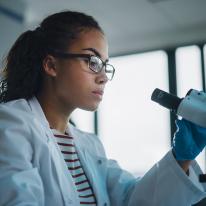
Students in Research: Plan your Summer Career Development Now
Are you a research-focused undergraduate, professional student, or early pre-doc, or do you work with one? The CTSI Pathways to Research Program (PReP) & Advanced Pathways to Research Program (A-PReP) are looking for promising scholars to apply for a paid summer research experience. Undergraduate students who are underrepresented from any Minnesota education institution: apply for PReP. Doctoral-level health sciences students and early-predoctoral students: apply for A-PReP. Populations underrepresented in research are highly encouraged to apply.
Partnering with Communities
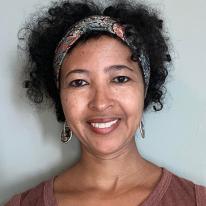
Empowering Women's Health Globally
Rahel Nardos, MD, MS, has focused her career on elevating the health of women in underserved communities. She is currently supporting a urogynecology fellowship training program in Ethiopia where she is teaching a group of surgeons about pelvic reconstructive surgery. One of the most important tools in doing that surgery vaginally is a disposable device, which is not often available or easy to access. Nardos decided to design a better tool that is affordable, reusable, more environmentally sustainable, and leverages locally available sutures.
U-Wide Events And Opportunties
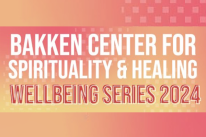
WELL at WORK: Creating Wellbeing in Any Workspace
This webinar on Jan. 30 will reveal how to design spaces to support wellbeing across the seven domains of integrative health: stress and resilience, movement, sleep, relationships, nutrition, spirituality, natural environments, and the air we breathe.
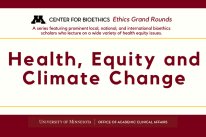
Ethics Grand Rounds: Health, Equity and Climate Change
Explore the range of equity issues that health and climate change give rise to during this webinar from the Center for Bioethics on Feb. 2.
Jan. 30: Health Equity Seminar Series
Learn about community-based participatory research in action.



